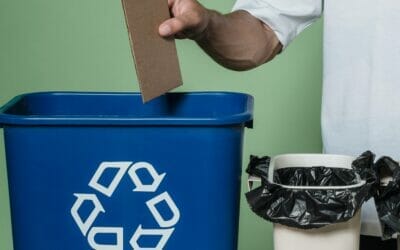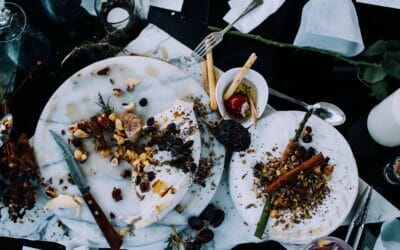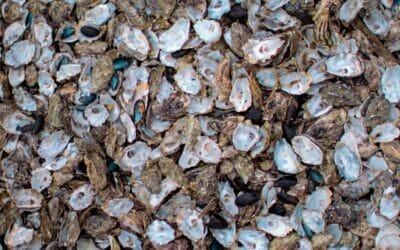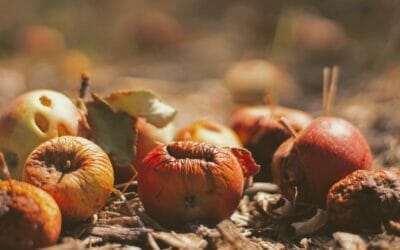Waste
The cost and lifespan of many of the items we use each day has reduced considerably. Perhaps as a result of this we often don’t give much thought to what we throw away. Out of sight, out of mind. But waste is a big problem and something that sustainable businesses have to confront. In the EU 5.2 tonnes of waste is created per person per year. Many of those items we throw away are too complex to be recycled yet are made with very precious nonrenewable resources. The materials they are made of can take decades to decompose, and may generate pollution as they do so. When the energy use, water and carbon cost of manufacturing these items are taken into account the environment pays on the double.

The Basics

Where To Start?

Case Study
While recycling has become more mainstream, and waste disposal charges are making us reconsider the cost of throwing things away, there is still a long way to go for a more sustainable world. Initiatives like the right to repair items (rather than simply replacing with newer ones) may help also, but this is one of those complex sustainability issues that needs to be tackled from multiple angles at once.
Check out our resources, Where to Start and The Basics pages for tips on reducing your business’s waste.
Resources Library
MyWaste Guide to Managing Business Waste
This simple guide to managing business waste from MyWaste.ie is a good introduction to the topic. It includes clear visual guides to bin management and explains how and why we must segregate our waste. The step-by-step guide will help you to monitor, review and...
Why Save Food?
Love Food, Hate Waste explains why we need to save food and prevent food waste. Setting out the financial, environmental and sustainable case for reducing food waste, this campaign makes it clear that food waste prevention is in our hands. Food Waste is, according to...
The A-Z of Food Storage
Find out the A to Z of how to best store fruit, vegetables and all kinds of food from the Love Food, Hate Waste campaign. From apples to yoghurt, find out where you should be storing your food both at home and at work to keep it lasting longer. Storing food for longer...
Rasam with The City Bin Co. Achieve Zero Waste to Landfill
See how Rasam - Michelin-listed restaurant in Dún Laoghaire, Co. Dublin worked with The City Bin Company to achieve zero waste to landfill and drastically increased their recycling volume as well as reducing waste service costs....
Case Study on Reducing Seafood Industry Food Waste
Hear from Bord Iascaigh Mhara (BIM) on their case study into seafood processing and minimising Irish seafood waste. https://youtu.be/z8k080eXQLY
Champions 12.3 – Fighting to Reduce Food Waste
Learn about the global coalition Champions 12.3 which brings together industry, governments and institutions to mobilise and progress towards SDG 12.3 - to reduce food waste by half by 2030 and reduce food losses in production and supply chains as part of SDG 12 -...
The New Waste Hierarchy for Europe
A Zero Waste hierarchy for Europe - A model to consider waste from redesign and rethink through to avoiding landfill. A Zero Waste Hierarchy for Europe
Waste case study: Birds Eye
Birds Eye (or Nomad Foods) has been a market leading pioneer in the frozen foods market since 1923. Its original ethos of food preservation through freezing lends itself well to their waste reduction strategies in more recent years. In-house waste management Since...
Waste: where to start?
Start small, think big To improve on waste segregation, it’s a good idea to engage employees in a waste audit. This will give everyone an understanding of the issue and their part in tackling it. It will help to ensure everyone feels part of the process. Start small...
Waste: the Basics
While we might have grown accustomed to paper recycling when it comes to more complex materials we need to do a lot more to achieve sustainability. As humans we’ve been dealing with rubbish since the beginning of time, but a lot has changed in the last 100 years....






